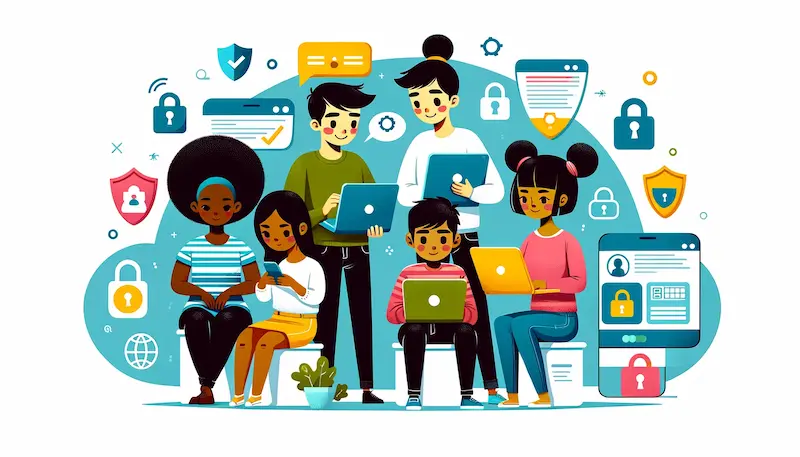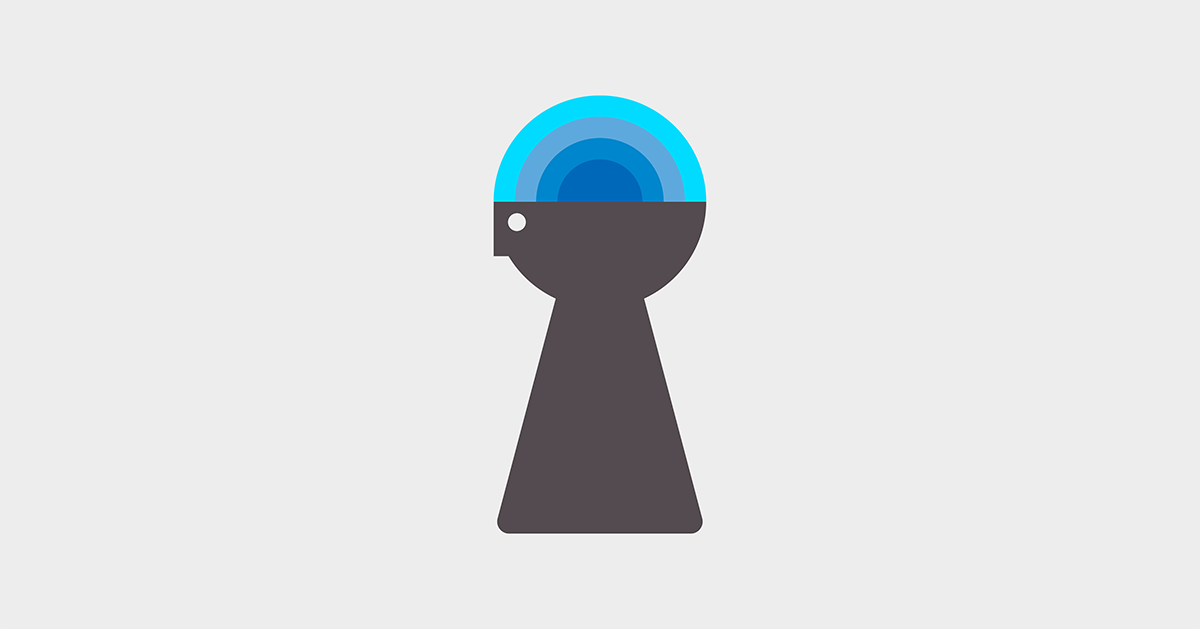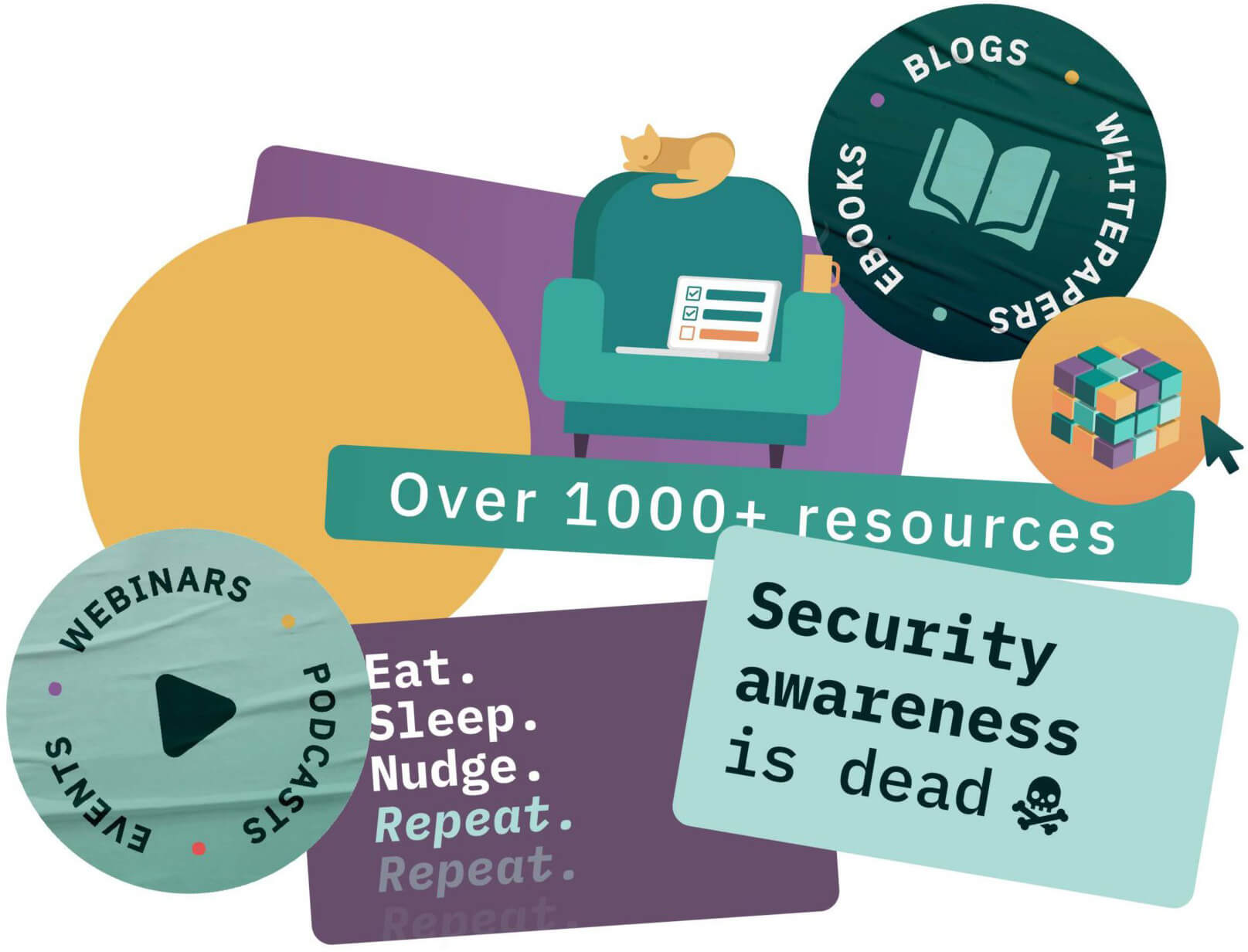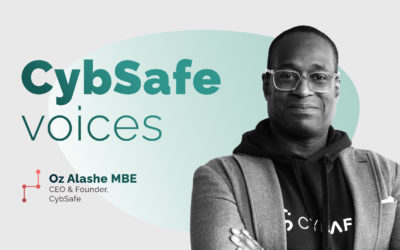There’s been a lack of understanding about how personal habits affect cybersecurity. Whether you have a tendency to procrastinate, take risks or always follow the rules, your individual habits and views matter!
At CybSafe, we want to change this. People play a fundamental role in identifying and mitigating cyber security threats. It’s time to use our greatest resource.
That’s why we’ve teamed up with the National Cybersecurity Alliance on “Oh, Behave! The Annual Cybersecurity Attitudes and Behaviors Report”.
It polled 2,000 people across the US and UK on the latest cyber security trends, attitudes and behaviours.
As we enter Cyber Security Awareness Month, let’s explore some of the top findings from the report.
Cyber crime happens to the best of us
The CybSafe and National Cybersecurity Alliance findings show that a significant number of people are continuing to face online security threats.
More than a third of respondents (34%) said they have personally been impacted by harmful cyber activity.
Of these, 18% have experienced cyber breaches more than once. Additionally, 19% have had their identity stolen.
Is age just a number?
A common stereotype is that older generations are more vulnerable to cybercrime. Sure, when they were your age, phones had cords that wrapped around the whole house! But it’s actually younger people who are seeing higher volumes of cyber crime.
In our research, 44% of millennials and 51% of Gen Z say they have experienced a cyber threat. That’s compared to just 21% of baby boomers.
And while 25% of millennials and 24% of Gen Zers said they have had their identities stolen at least once, this was only the case for 14% of baby boomers.

Old habits die hard
Cybersecurity threats are growing at an alarming rate. Yet, people are failing to adopt simple best practices that can help them stay safe online.
For starters, only 46% of people say they are using a different password for important online accounts. Worryingly, 20% “never” or “rarely” do this.
Younger generations engage more in risky password practices. For instance, 37% of Gen Z and 44% of Millennials tend to update only a few characters in their passwords, compared to 27% of Baby Boomers and 26% of the Silent Generation.
Despite being one of the best ways to secure online accounts, multi-factor authentication (MFA) is a mystery to most people. Awareness of MFA varies greatly among generations, with a significant percentage of older generations (37% of Baby Boomers and 41% of the Silent Generation) still unaware of it.
People are also failing to install software updates regularly. This can leave their devices open to serious cyber security vulnerabilities and breaches. Nearly 40% of respondents admitted they either “sometimes”, “rarely”, or “never” perform software updates.
To report or not to report, that is the question
Reporting breaches is a vital step in tackling cyber crime. Yet the vast majority of people aren’t doing this.
More than half of people who experienced a cyber crime incident failed to report it. Even though phishing threats are one of the most common attack vectors, only 22% of people “always” report them.
Only a small minority of respondents (29%) said they don’t feel intimidated by cyber security, indicating that most individuals find it daunting.
A lack of cyber security training
If you want to mitigate cyber attacks and breaches, encouraging healthier online behaviors is pivotal. That’s where security awareness training comes in.
But most individuals (64%) don’t even have access to cyber security training! This means they’re not equipped to identify and respond to rising cyber crime.
For those with access to cyber security training, 73% made use of it. This suggests most people are willing to take part in cybersecurity training when provided with the opportunity.
Interested in finding out more? Check out “Oh, Behave! The Annual Cybersecurity Attitudes and Behaviors Report”.
About CybSafe
CybSafe is a UK-based cyber security and data analytics software company focused on behavioral security, working to make it easy to manage human cyber risk.
With a team made up of psychologists, behavioral scientists and security experts, CybSafe delivers a range of leading security research initiatives aimed at better understanding human decision making and security behaviour.
CybSafe is designed for the modern, hybrid workforce and is on a mission to revolutionize the way society addresses the human aspect of cyber security. At the heart of CybSafe’s behavioral security platform is SebDB, the world’s most comprehensive security behavior database, offering insight into every security behavior capable of minimizing human cyber risk.







